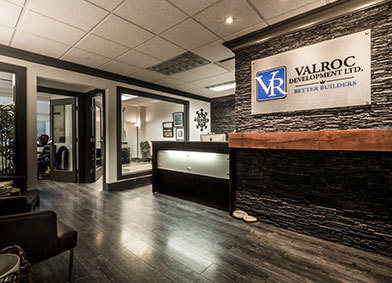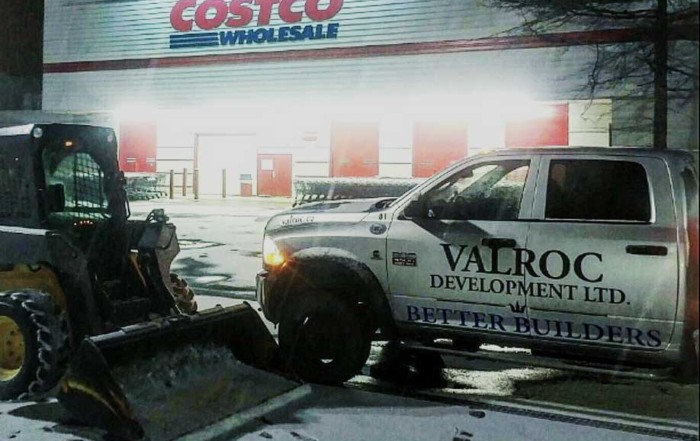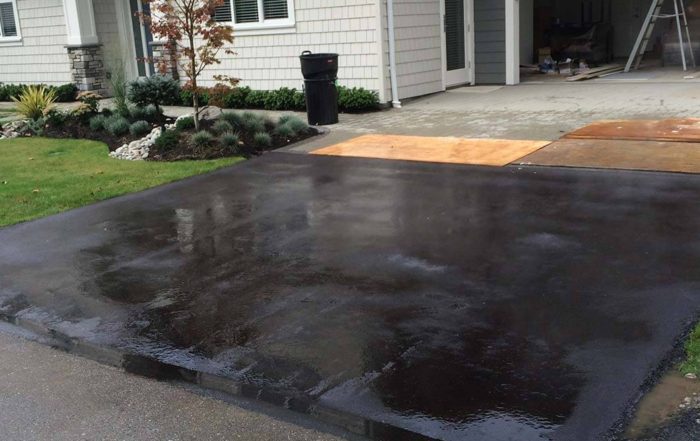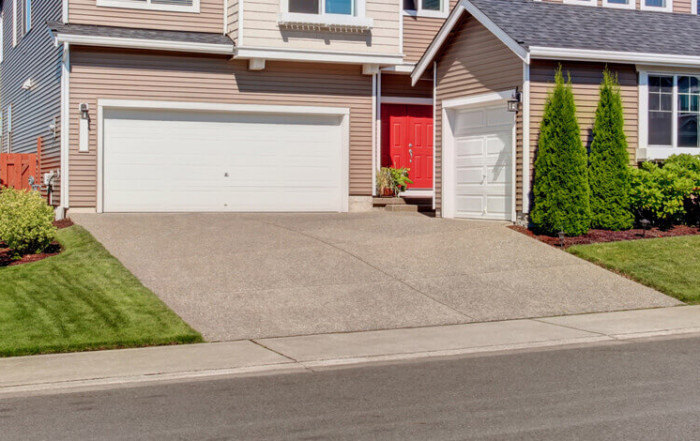Building Contractor
How to Eliminatethe Bad Ones
How to Eliminatethe Bad Ones
The best way to deal with a bad building contractor is to avoid them all together. Follow these 3 simple steps, you’ll be well on your way to finding a reputable and consistent contractor.

The best way to deal with a bad building contractor is to avoid them all together. Follow these 3 simple steps, you’ll be well on your way to finding a reputable and consistent contractor.

1. BUILDING CONTRACTOR REFERENCE CHECKS
It’s easy for a building contractor to provide a few of their favorite clients for references, but for insight on their true character you’ll have to dig a little deeper. Here are a few ways to get the bigger picture.
Ask for three relevant references from the past five years. They will always give you their most favorable ones, but that doesn’t mean you can’t get any useful information. Be sure to ask:
a.) Were you satisfied with the end result?
b.) Did the project go over budget, if so, how much?
c.) Was the contractor’s team professional and personable?
d.) Would you use their services again?
Ask for references from the last five projects. It is always advisable to get up to date information. If they are not able to refer to any recent projects, it is possible that their work has diminished or they are not in good standing with their latest clients. A trend in increasingly dissatisfied clients is a huge red flag.
Talk to their suppliers. It is not uncommon for suppliers to endorse a contractor, and they will not go to bat for one that is known for shoddy and irresponsible practices. Ask for three references from long time material suppliers. Ask questions that give you clues to their stability such as:
a.) How long have you been doing business together?
b.) Do they pay their bills on time?
c.) Would you hire them for a personal project?
Research liens against the building contractor. Through a lawyer, you can conduct a comprehensive litigation search that will uncover a lot about the business’s practice. Liens are used to collect debts if a property owner or contractor fails to pay for services or materials provided. If you find liens against your contractor, this could indicate that they don’t pay for their accounts. This is important for you to know as a property owner, because if the contractor doesn’t pay you could be held legally responsible in the end.

2. REGISTRATION & ACCREDITATION
Without a proper business registration, the building contractor will not be insurable and their legal contracts may be void. ‘Accreditation’ does not dictate whether or not the business is credible, but is an assurance that they follow a standardized procedure of dealing with customers in an ethical manner. If a building contractor is not accredited, it may simply mean that they have not sought accreditation. Checking to see if the contractor runs a registered and accredited business can easily be checked online using the following methods.
BC Registries and Online Services provides all registrations of businesses, cooperatives, personal property and manufactured homes. By submitting a request, you’ll be able to research the status (active or inactive), registration date, last annual report, previous company names, office address, and names of Directors.
The Better Business Bureau determines whether or not a business meets accreditation standards, which include a commitment to make a good faith effort to resolve any consumer complaints. The business’s rating, on the other hand, is based on information the BBB is able to obtain about the business, including complaints from the public. Businesses can be found using the search function on BBB’s website, and both the accredited status and rating should be observed.
PRO+ TIP.
Ask for a copy of the building contractor’s business license and make sure that the name they provide is the same as the one on the contract. Also, ask to see his or her driver’s license to make sure they are who they say they are. By using the name of a reputable contractor without proper identification, scammers and low grade contractors have been able to appear to have the right qualifications when really they don’t.
3. LIABILITY COVERAGE
DID YOU KNOW THAT YOU ARE LIABLE FOR INJURIES AND DAMAGES?
Make sure you are protected from the risks of liabilities imposed by injuries or damage on the job site. You employ your contractor, and if they do not have the proper liability coverage you could find yourself in a lot of trouble in the event an unforeseen accident happens. Here’s how you check.
Ask for a certificate of insurance. Any contractor or company who has active liability coverage should provide proof in the form of a certificate. The document specifies the insurance coverage details such as the amount of money covered.
Get a Worksafe BC clearance letter. This quick and simple check is often overlooked and provides a lot of useful information. The clearance letter will confirm whether or not the business is registered, if it is in good standing, and if it is honored and up to date. Most clearance letters can be accessed online by clicking ‘clearance letter application’ and filling out the form. You will need the firm’s WorkSafeBC account number, or it’s exact legal name.
A licence to operate within the district or municipality is important to get a copy of. If your contractor doesn’t have one, they haven’t been cleared under the district or municipality’s safety and environmental regulations and are not permitted to work in the area.
MORE FROM THE PRO+ CORNER.
Why Business Choose Valroc For Snow Removal Services
When people in the Lower Mainland think of the [...]
Asphalt Driveway Maintenance Solutions 4 Top Tips
Asphalt Driveway Maintenance Solutions - 4 Top Tips [...]
Decorative Concrete Driveway Ideas – Styles | information | Pictures
Decorative Concrete Driveway Ideas - Browse designs, info, and images [...]






